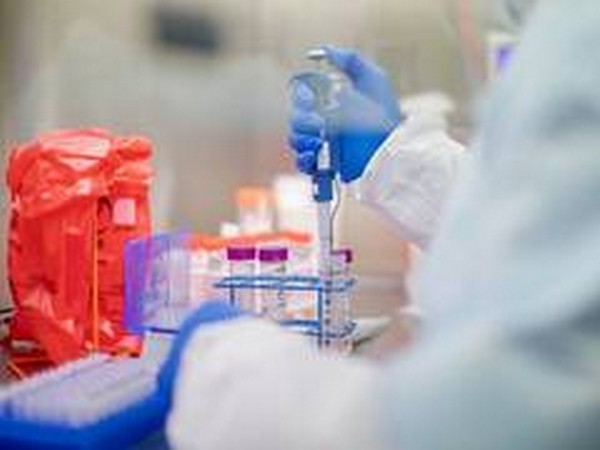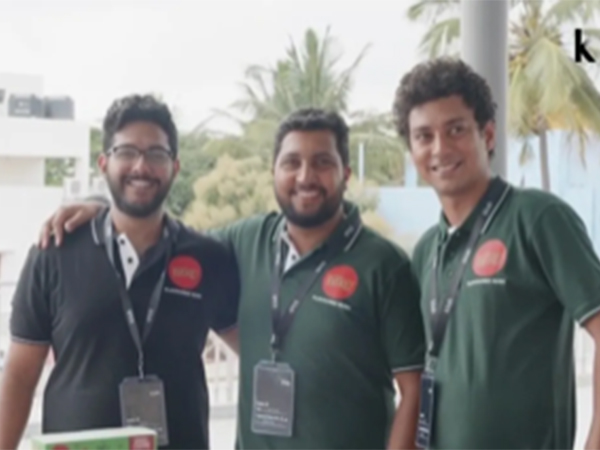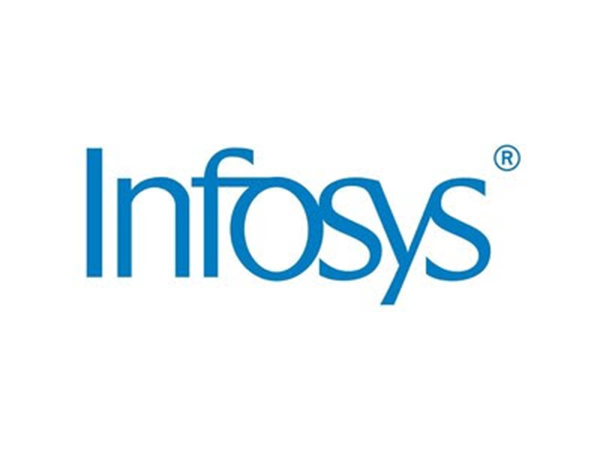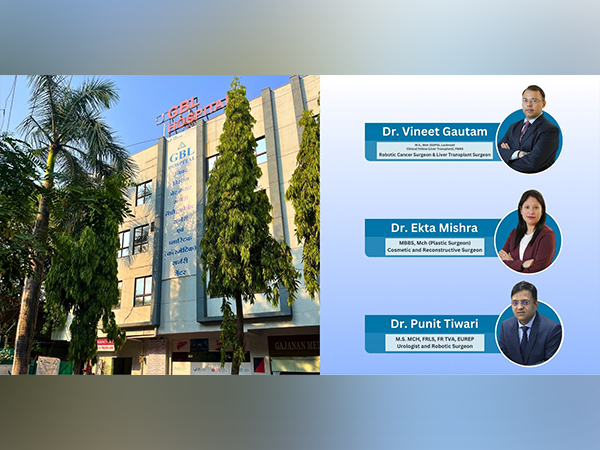
New virus cases below 700, stronger wave of pandemic looms
Apr 09, 2021
Seoul (South Korea), April 9: South Korea's daily new coronavirus cases fell below 700 on Friday, but health authorities warned the country may face a stronger wave of the pandemic, with a chance that daily infections could double in the coming weeks.
The country plans to suspend the business of clubs and bars in the greater Seoul and the second-largest city of Busan as part of targeted antivirus measures, while extending the current level of social distancing rules.
The country reported 671 more COVID-19 cases, including 644 local infections, raising the total caseload to 108,269, the Korea Disease Control and Prevention Agency (KDCA) said.
The tally marked a fall from a three-month high of 700 new cases on Thursday, but it was larger than 668 on Wednesday.
The country added six more deaths from COVID-19, increasing the total to 1,764. The fatality rate came to 1.63 percent.
Despite growing concerns over a new wave of the pandemic, South Korea decided to keep the current level of distancing rules for an additional three weeks, as tighter measures may come at a great price for small businesses and shops.
"We will be more prudent about issuing the Level 2.5 distancing scheme as it will come with wider restrictions on gatherings and opening hours of stores, which will burden the public's livelihoods," Health Minister Kwon Deok-Cheol said at a press briefing.
The greater Seoul area, which houses around half of the nation's 51.7 million population, is under the Level 2 social distancing scheme, the third highest in the five-phase system. The rest is under Level 1.5. Private gatherings of more than four people are banned nationwide.
But in an effort to stem cluster infections at risk-prone facilities, authorities decided to suspend the operation of entertainment establishments in the greater Seoul area and Busan starting Monday.
Despite the restriction, however, authorities said regional governments may decide to allow them to operate until 10:00 p.m. depending on situations.
The government also warned it may consider banning restaurants and cafes in the greater Seoul area from having sit-in customers after 9 p.m., an hour earlier than the current restrictions.
South Korea said it is also considering revising up the alert level in the future, warning that the country may experience a doubling of daily patients within two weeks.
"It is worrisome that people are becoming less aware of keeping sanitary rules amid the prolonged fatigue against the virus," Kwon said.
The country advised businesses and public organizations in the capital area to have their employees work from home.
Level 2.5 can be adopted when the average daily caseload stays above 400. The figure already far exceeded 500 over the past week. Under the second-highest level, sports events cannot have spectators, while trains and express buses are requested to keep half of their seats empty.
Since the country started its vaccination program on Feb. 26, a total of 1,113,666 people have been given COVID-19 vaccine shots, including 36,599 the previous day. Around 2.14 percent of the population has been inoculated.
AstraZeneca's vaccine has been given to 911,228 people, while 202,438 received that of Pfizer.
A total of 11,468 cases of side effects after vaccinations have been reported, but 98.4 percent were mild symptoms, including muscle pain and fever.
A total of 42 deaths after vaccinations have been reported, according to the KDCA, up two from the previous day. Authorities, however, said the exact causes of the deaths remain unknown.
South Korea, meanwhile, decided to resume administering AstraZeneca vaccines one day after suspending the rollout for certain groups over safety concerns, saying they will officially decide on the issue over the weekend.
On Wednesday, the country suspended the use of vaccines by the British-Swedish pharmaceutical giant and Oxford University for people under age 60, special education instructors and school nurses.
South Korea plans to vaccinate 12 million people by the end of June with a goal of reaching herd immunity by November.
Of the locally transmitted cases, Seoul reported 214 new cases, and Gyeonggi Province that surrounds the capital city identified 197 new virus patients. The southern port city of Busan reported 50 more cases.
Additional imported cases came to 27, raising the total to 7,789.
Arrivals from India accounted for four cases, with Pakistan and Uzbekistan accounting for three patients each.
The number of patients with serious symptoms across the country reached 113, up one from the previous day, the KDCA said.
The total number of people released from quarantine after making full recoveries moved up 426 to 98,786. Around 91.24 percent of the COVID-19 patients reported here have been cured.
South Korea has carried out 8,059,113 COVID-19 tests since January last year, including 46,692 from the previous day.
Source: Yonhap









